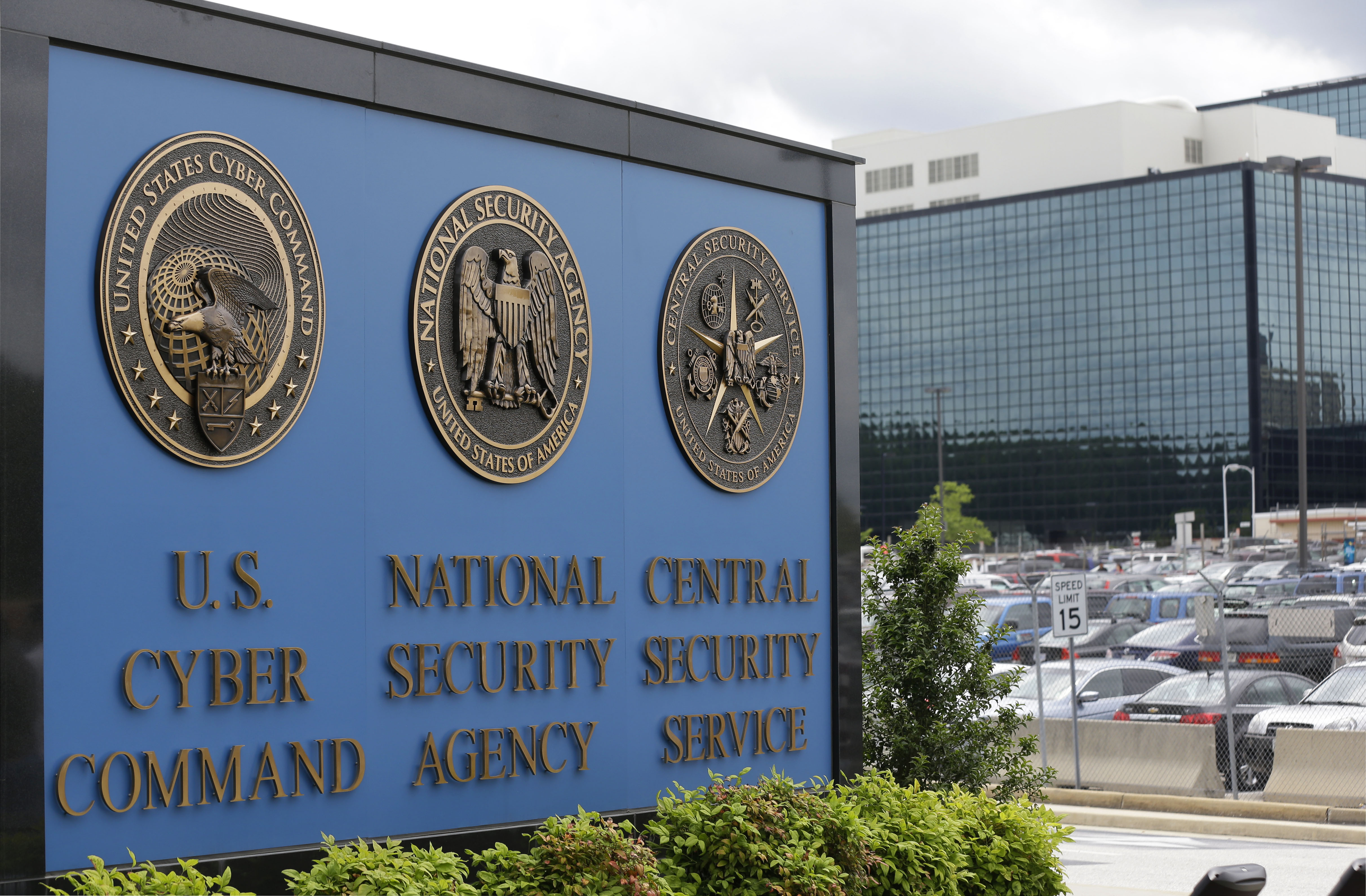Our collective “gee whiz” moment of the week is a federal judge ruling the NSA collection of bulk phone data to be “almost certainly” unconstitutional.
Videos by Rare
Thanks to the revelations from documents leaked by Edward Snowden earlier this year, we now know that our government is in the practice of collecting nearly all phone metadata within the United States. Metadata is simply the outline of information – the time, place, sender, receiver, length – not necessarily the content. In many ways, metadata can be far more telling and useful, and can even be used to predict future actions.
As invasive as it feels on a personal level, it is equally outrageous on a legal level.
—
This Monday, U.S. District Court Judge Richard Leon ruled that this collection of data is a violation of the Fourth Amendment, which reads as follows:
“The right of the people to be secure in their persons, houses, papers, and effects, against unreasonable searches and seizures, shall not be violated, and no warrants shall issue, but upon probable cause, supported by oath or affirmation, and particularly describing the place to be searched, and the persons or things to be seized.”
This is interpreted as a right to privacy, protecting us from “unreasonable” searches and seizures, and it establishes rules by which the government must abide in any effort to gain information from individuals or seize our property. The concept of blanket, warrantless searches is something that should not be tolerated by a free society that boasts a right to privacy and an appreciation for the rule of law.
But long gone are the days when British officials come a’knockin’ for unpaid taxes. The days of communicating by stamped letters and telegrams are antiquated. Even the days of simply having a home phone are virtually behind us.
We now live in an age where a phone, a computer, a tracking device — world knowledge! — exists within our pockets. But we also know that there are dangers and drawbacks associated with these “smart” technologies, especially if we do not debate government’s power and limitations in an open way. Judge Leon labels this “almost-Orwellian technology,” and he’s absolutely right.
—
We’ve arrived at an unprecedented age.
Judge Leon writes in his opinion, “I cannot possibly navigate these uncharted Fourth Amendment waters using as my North Star a case that predates the rise of cell phones.” He is talking about a 1979 Supreme Court ruling, Smith v. Maryland, which allowed police to install a pen register to collect the phone numbers dialed by a particular landline. That was clearly a far more rudimentary and limited collection of data and it would be absurd to apply the standing of this case to our current privacy concerns with the NSA.
What Judge Leon appears to be saying is that we are currently operating in a world in which there are no standards, no precedents, no measure of boundaries or guidelines for modern “reasonable” expectations.
Judge Leon emphasizes that the most important difference between 1979 and now is “the nature and quantity of the information contained in people’s telephony metadata is much greater.” A phone number dialed from one land line to another is different than current cellphone technology, which can tell the government so much more about our lives.
“Records that once would have revealed a few scattered tiles of information about a person now reveal an entire mosaic — a vibrant and constantly updating picture of the person’s life,” he writes.
Our government would like us to believe that these “mosaics” are crucial in its efforts to protect us from terrorism. Judge Leon doesn’t seem all that convinced by this argument either, nor is he convinced that our battle against terrorism will ever end.
Furthermore, we already know that this technology is being used in domestic criminal cases. We’ve yet to place limitations on how this information will be shared, who has access to this information and for what purposes. This has the potential for incredible abuse.
—
Does this ruling mean the end of the collection of metadata? No, not immediately. What we’ve learned thus far about the NSA and our government tracking capabilities is merely the prologue to an extremely long, complicated novel.
Our duty, as citizens who care about our liberties, is to make sure that we have a hand in writing that novel. We cannot allow the government to secretly write this one for us.
We must make sure that those in power do not commandeer the process and use it for personal gain at the expense of the rule of law and our freedoms. That’s why this ruling by Judge Leon is important – it’s the first sign of an institutional push-back against the surveillance state. It is a sign that the system in place to protect our rights is working.



